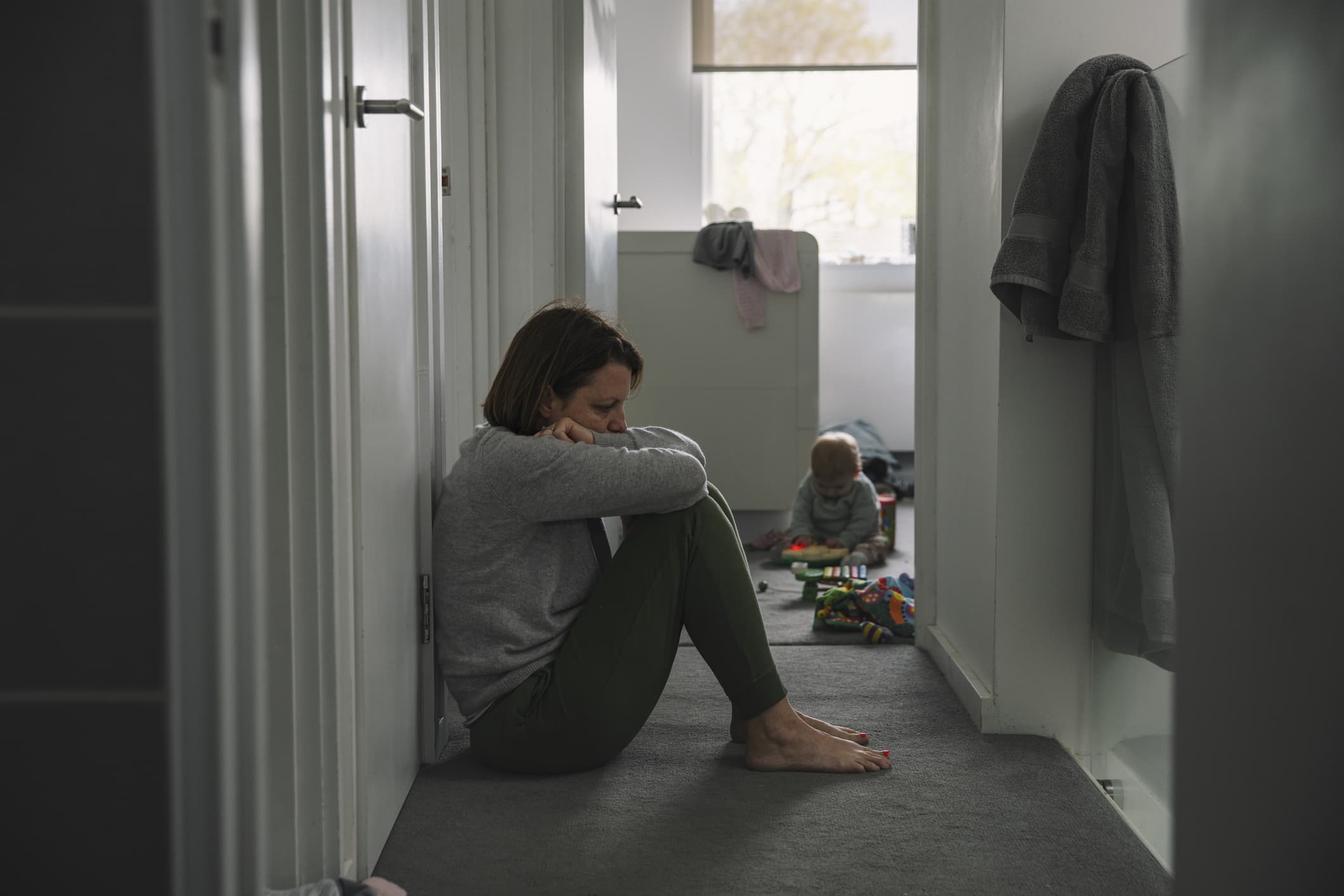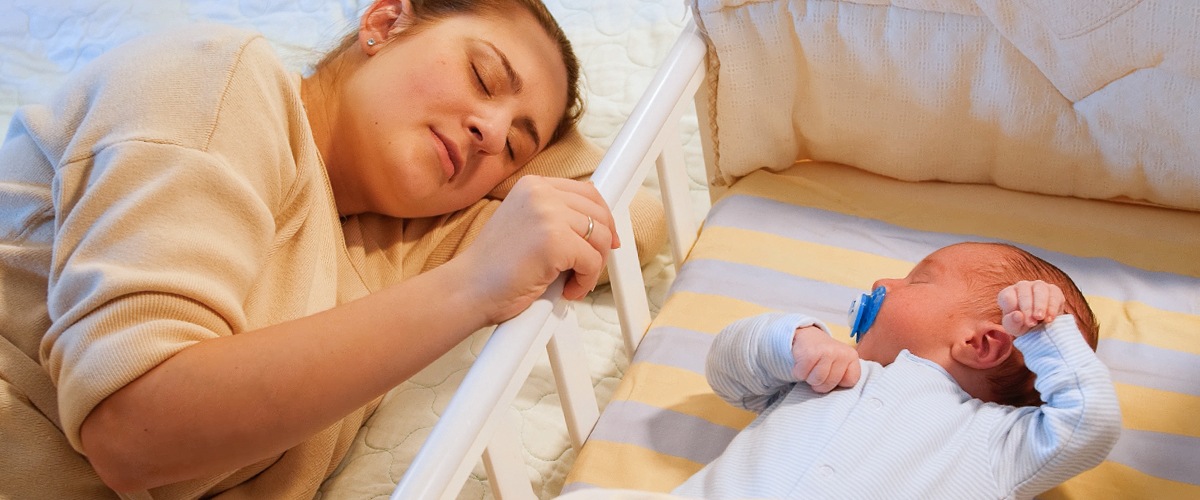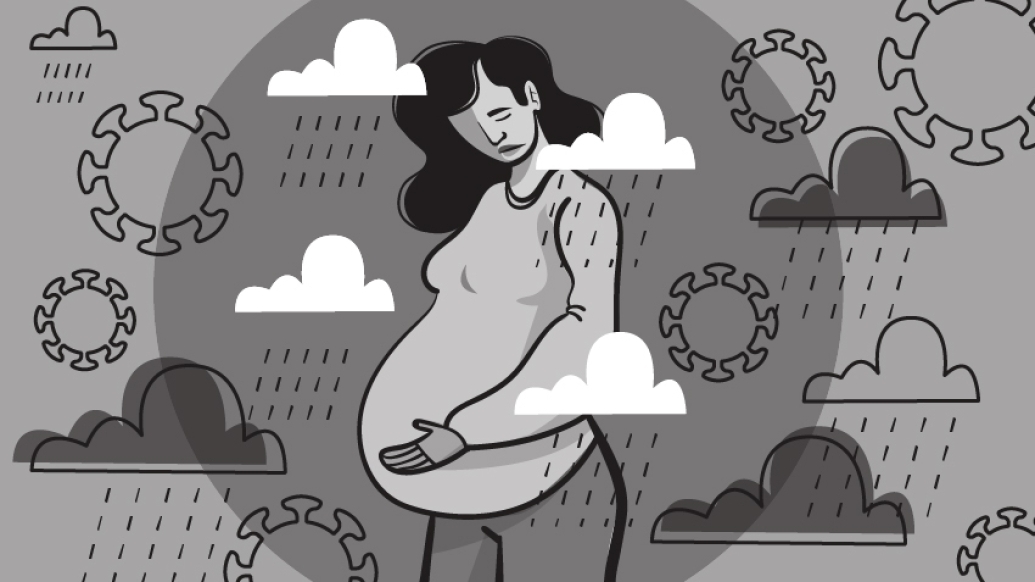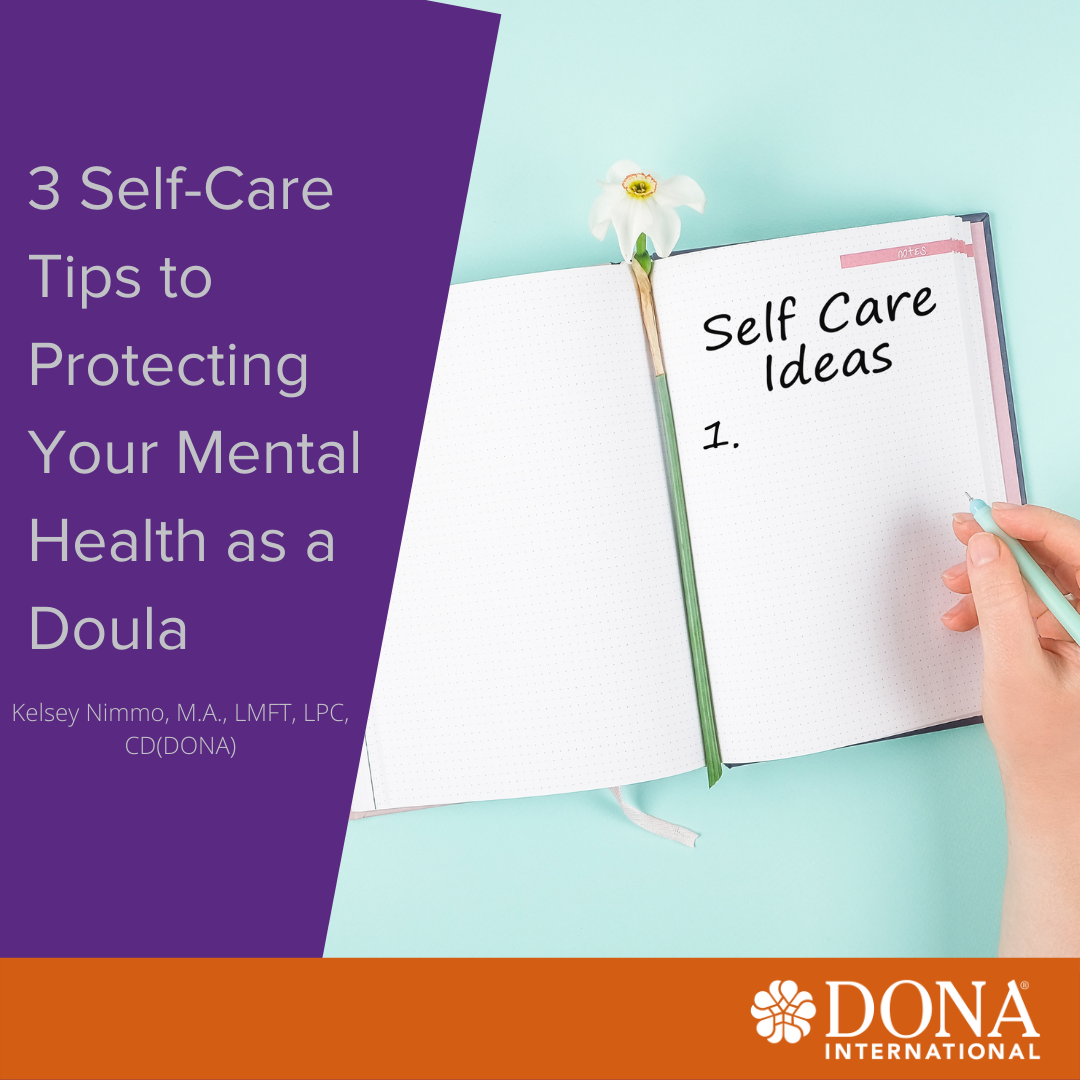8 Ways to Protect Your Mental Health in Your Postpartum Time - Better Beginnings
$ 17.00 · 4.7 (726) · In stock

In the postpartum world, there are two main categories of mental health that professionals like postpartum doulas are trained to recognize and discuss with clients. The first category is called the "Baby Blues" and 4 out of 5 new moms, or 80%, experience this stage. The Baby Blues usually go away on their own, and most parents don't need any formal treatment. Parents with the Baby Blues may feel sad and cry a lot, feel moody or cranky, have trouble sleeping, eating or making decisions, feel overwhelmed, or feel that they can’t do a good job of taking care of their baby. The Baby Blues can start 2 to 3 days after you have your baby and can last up to 2 weeks.

10 Tips to Improve Mental Health

Put Your Mental Health First: During Pregnancy and Postpartum
[Burd LCSW PMH-C, Abigail] on . *FREE* shipping on qualifying offers. The Postpartum Depression Workbook: Strategies to Overcome

The Postpartum Depression Workbook: Strategies to Overcome Negative Thoughts, Calm Stress, and Improve Your Mood

How to Deal With Postpartum Depression and Flourish as a New Parent
Better Beginnings
[Pacific Post Partum Support Society] on . *FREE* shipping on qualifying offers. Postpartum depression and anxiety: A self-help guide

Postpartum depression and anxiety: A self-help guide for mothers

We are failing postpartum mothers — even though we know how to

Number of pregnant women, new moms getting mental health help

Postpartum depression: The worst kept secret - Harvard Health

How New Moms Can Get More Postpartum Sleep

Postpartum Care: Navigating The First Few Weeks - ForWhen

A third of new moms had postpartum depression during early COVID

Tips to Maintain Your Mental Health After Your Baby is Born

How to Boost Your Postpartum Mental Health

3 Self-Care Tips to Protecting Your Mental Health as a Doula
